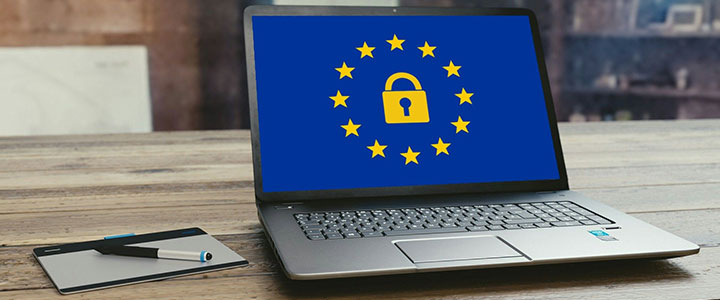
Following 15 months of negotiations, we’ve got white smoke. On Thursday, March 24, the technicians and experts at the European Parliament, the Commission and the Council reached an agreement on the Digital Markets Act (DMA). Below, we provide a summary of this new regulation by looking at five questions.
What is the EU after with this regulation?
The EU considers that the strength of the big technology companies poses a serious problem for the free market and it must be faced with determination and by going beyond mere fines, however multi-million dollar they may be. Thus, the DMA has been conceived as a major tool for the European Union to restrain these companies.
Who does it pertain to?
The regulation is aimed at the so-called “gatekeepers”, that is, companies that, in some way, exercise a central and powerful position in the use of the most utilised digital services, such as online searches, social media, instant messaging, etc. But the DMA also defines the object of its regulation quantitatively: companies with a market capitalisation over 75 billion euros or an annual turnover above 7.5 billion euros in the European Economic Area, and with at least 45 million monthly end users in the EU and 10,000 annual business users.
It will therefore regulate companies such as Google, Amazon, Meta, Apple, Microsoft, and the Chinese e-commerce giant Alibaba. And, in principle, only one EU business would fall under the DMA: the German company SAS, which focuses on business software.
What concrete measures does the Digital Markets Act include?
The spirit of the law is clear: to promote competition, preventing the entire digital ecosystem from being in the hands of five or six companies, none of them from the EU. In order to achieve this, a series of measures are required of these giants.
The largest messaging services (such as WhatsApp or Facebook Messenger) will have to interoperate with smaller messaging platforms, if they so request. In addition, operating systems must be opened to third-party applications, giving iPhone users, for example, more flexibility in deciding which programs to install on their phones. The goal is for users to be able to choose their browser, virtual assistant, or search engine more freely.
In the area of personalised advertising, the combination of personal data obtained from different sources will only be allowed if there is explicit consent to the “gatekeeper”.
If the platform does not comply with the regulations, the Commission may impose fines of up to 10% of its global turnover in the previous financial year, and 20% in the event of repeated infringement. In the case of systematic offenders, the Commission may prohibit them from acquiring other companies for a specific period of time.
When will it come into effect?
Final approval by Parliament and the European Council is expected in May. The text would enter into force twenty days later and the regulations would be applicable six months later.
How have the big tech companies reacted?
Ever since the DMA started to take shape, the big tech companies began an intense lobbying effort, using arguments such as the risk of strangling innovation and the privacy and security problems that the new regulations could cause. Now, as was to be expected, they are not very happy with the outcome of this whole process and are calling for more clarity on some points and more consensus in regard to the technical aspects of the regulation that will develop the interoperability and exchange of data.




